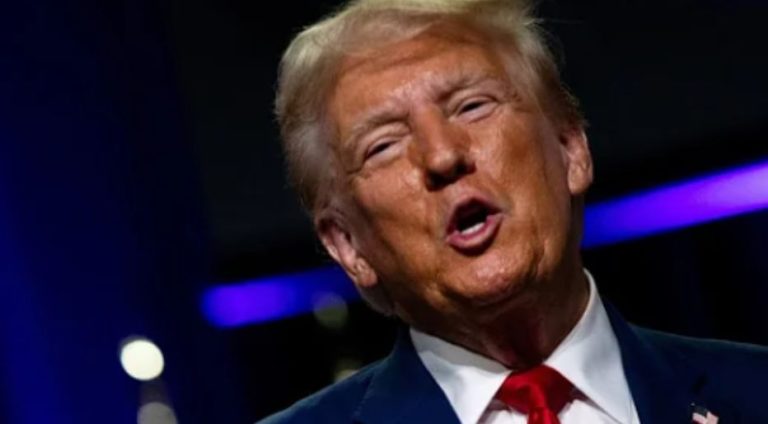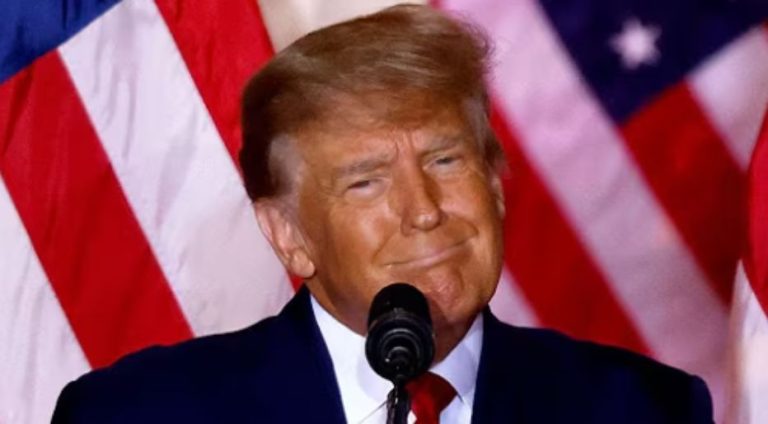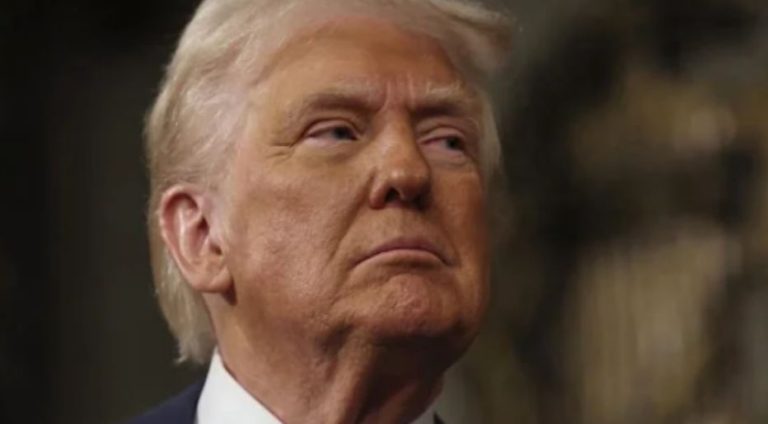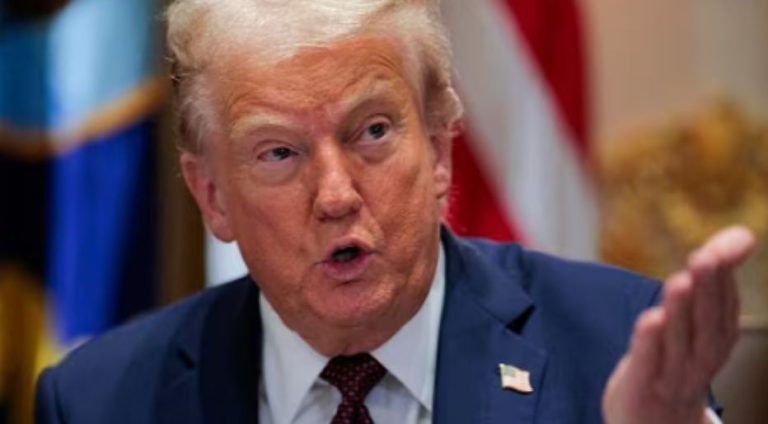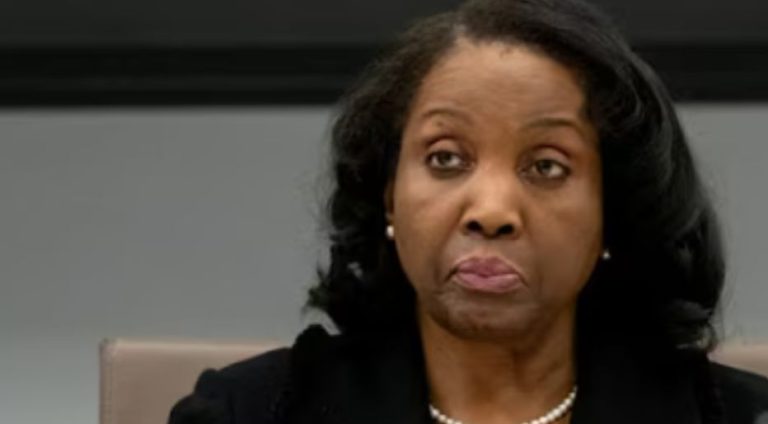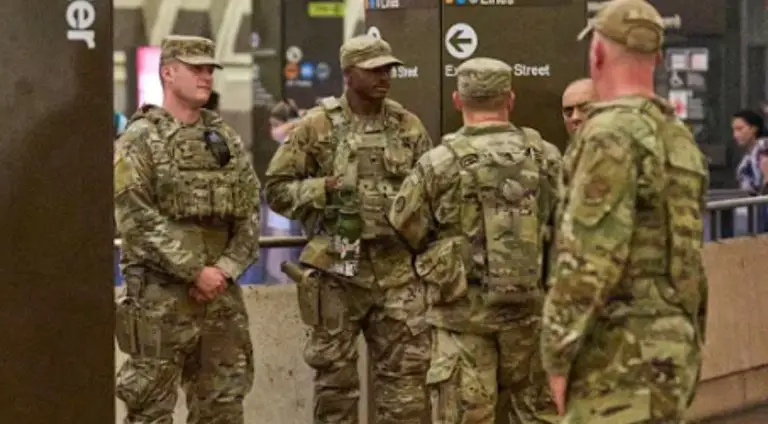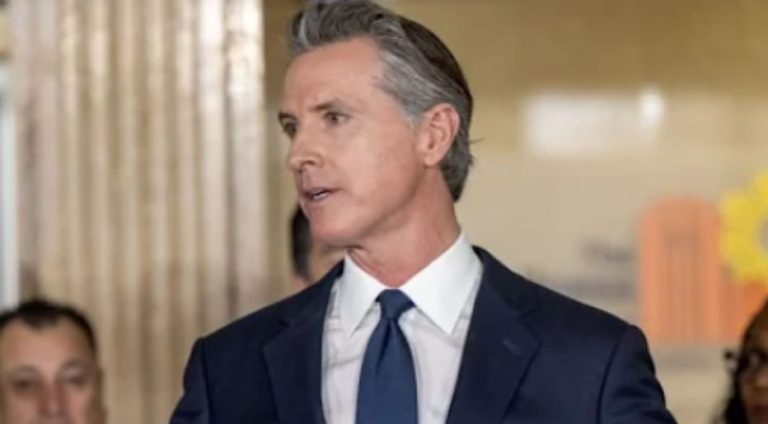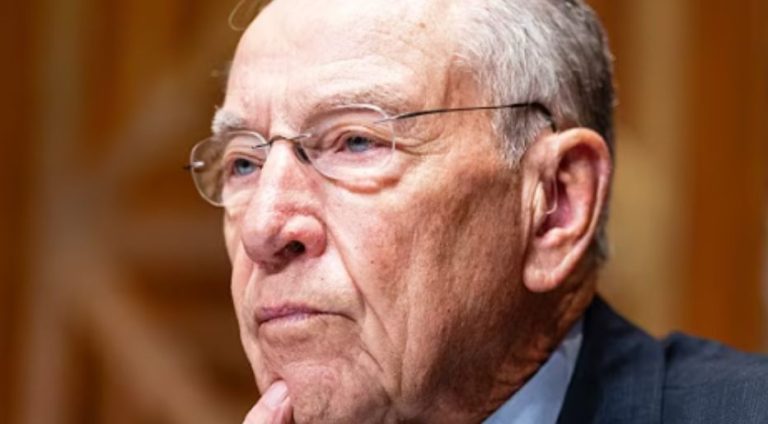The media has never been a big fan of Trump. Now he’s dishing it back at them again.
And Trump hit the mainstream media with a backhanded compliment that left Republicans grinning.
Trump Praises Press While Dismissing Health Rumors
President Donald Trump offered rare praise for the media during a Friday night dinner with congressional leaders at the White House’s renovated Rose Garden, while sharply rebuking recent speculation about his health. Addressing rumors that he was in poor health or deceased, Trump attributed the frenzy to his brief absence from press conferences, emphasizing his active schedule and robust health.
Trump recounted hosting eight press conferences in consecutive days, stating, “I did about eight press conferences … day after day after day. Then I missed one because I was in the Oval Office, and I also went out to the club because I had meetings at a club, and they saw that I was, and the rumor started, this horrible rumor that Trump is no longer with us.”
He noted that media outlets questioned his well-being after he skipped a single day, saying, “They said … I got to the club, ‘Sir, are you okay? Are you okay?’ The fake news was at it again.” To counter the speculation, Trump held a three-hour press conference on Friday, discussing a proposal to rename the Department of Defense to the Department of War, citing U.S. victories in World War I, World War II, and other conflicts.
Trump’s No-Nonsense Media Strategy
Trump’s approach to the media has been characterized by direct engagement and a refusal to let narratives go unchallenged. His Friday remarks reflect a strategy of confronting speculation head-on, often with a mix of humor and defiance. The health rumors, which gained traction on social media with hashtags like #trumpisdead, were fueled by his brief absence from public view and visible swelling in his legs, later diagnosed as chronic venous insufficiency (CVI).
White House press secretary Karoline Leavitt announced on July 17, 2025, that Trump, 79, underwent a comprehensive examination after noticing mild leg swelling, with tests confirming CVI, a benign condition common in older adults. The White House also addressed bruising on Trump’s hand, attributing it to frequent handshaking and aspirin use, not a cover-up as some speculated.
Trump’s response to these rumors—engaging directly with reporters and using platforms like Truth Social—demonstrates his no-nonsense tactic of bypassing traditional media filters. At the Rose Garden dinner, he maintained an amicable tone but didn’t shy from calling out what he termed “fake news” for amplifying unfounded claims.
His decision to hold an extended press conference on Friday to discuss policy, like the Department of Defense name change, underscores his approach of redirecting attention to his agenda while dismissing distractions.
This aligns with his broader pattern of using marathon press events and social media to control the narrative, a tactic he employed during the 2024 campaign to contrast his vigor with President Joe Biden’s perceived frailty.
Health Claims and Congressional Praise
The president also highlighted praise from Rep. Ronny Jackson (R-Texas), a former White House physician, whom he called an “unbelievable doctor.” Trump relayed Jackson’s assertion that he was healthier than former Presidents Barack Obama and George W. Bush, stating, “He said, ‘There’s not even a contest by far. The healthiest is President Donald J. Trump.’ I said, I love that guy. I’m sure that Bush and Obama don’t feel the same way, but who the hell cares?” The anecdote reflects Trump’s tendency to leverage endorsements to bolster his image, especially amid health scrutiny.
The health rumors peaked after Trump’s absence from public view following a cabinet meeting on August 26, 2025, prompting Fox News reporter Peter Doocy to raise the issue at a Tuesday press conference. Trump dismissed the speculation, noting his packed schedule, including an hour-and-a-half interview and multiple Truth Social posts, saying, “I was very active over the weekend.”
His physician, Dr. Sean Barbabella, reiterated in a July memo that Trump’s CVI diagnosis showed no signs of serious conditions like deep vein thrombosis, with all tests within normal limits, affirming, “President Trump remains in excellent health.”
The dinner, attended by congressional leaders, showcased Trump’s ability to balance policy discussions with media critiques. While proposing a symbolic shift to rename the Department of Defense, he maintained a lighthearted tone, contrasting with his typically combative media interactions. The event underscores his strategy of using high-profile settings to project strength and dismiss detractors, ensuring his narrative dominates public discourse.

